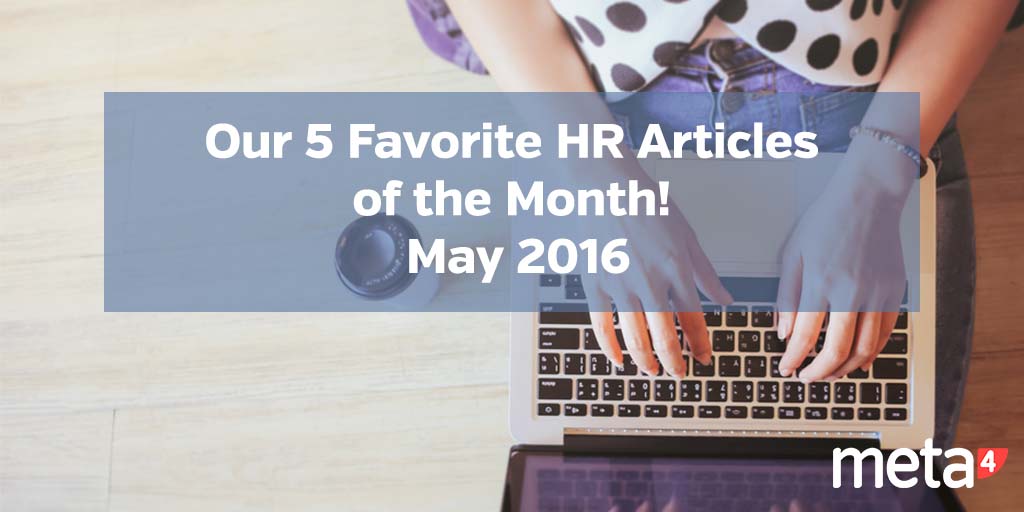The Problem with Millennials? They’re Way Too Hard on Themselves, by Emerson Csorba @EmersonCsorba in HBR.com
In a recent series of hundreds of interviews with twentysomething Millennials across the United Kingdom, I heard this over and over again. As one Millennial described the challenge, “We are a generation that is ruthlessly comparing ourselves with those around us and our role models at the same time. And if we are not doing something exceptional or don’t feel important and fulfilled for what we are doing, we have a hard time.”…
How to Make Remote Work Actually Work, by Corey Wainwright @Corey_bos
One of my favorite things about working remotely — which I do a few times a month — is the freedom to get comfortable. When I work from home, I’m usually find myself in one of three positions: sitting up at the table, laying down with my laptop, or buried in a pillow avalanche on my couch. (Sound familiar to anyone?). While most offices have a few full-time remote workers — and probably a few that operate like I do — the idea of more remote employees may be one companies need to get used to…
Leading a Brainstorming Session with a Cross-Cultural Team David Livermore, by David Livermore @DavidLivermore in HBR.com
Brainstorming is the default way in which many teams and organizations come up with new ideas. And it’s commonly said that the more diverse the group, the greater the potential for innovative ideas. However, it doesn’t always work out this way. Brainstorming is better suited to some personalities and cultures than others. Extroverts who “think out loud” and Westerners who have grown up in educational environments where classroom participation is required, usually thrive in brainstorming sessions. But others around the world grew up in classrooms where they were taught to think before speaking and to avoid standing out with unique ideas. As a result, many individuals in the global workplace dread brainstorming sessions and say very little…
Does employee engagement equal personal responsibility? by Jasmine Gartner @jasminegartner in HRZone.com
“The last time I was in a classroom,” Tony said, “was forty years ago. I didn’t realise how much I would enjoy being here. Honestly,” he continued, “I was worried that I would be too stupid.” I had just finished a day-long workshop with a group of men who do the roadworks on our motorways, and Tony had stayed behind to tell me this. Tony had experienced a chance to master a topic – in this case how to have a useful and constructive conversation with his management team about changes that were affecting him and his team…
5 Ways To Grow Employee Brand Advocates, by Meghan M. Biro @MeghanMBiro in Forbes
It’s a summer of synergy: viral is the new normal, everyone is a brand (whether they know it or not), and smart organizations are turning to employee advocacy. They’re leveraging the selling power of their most valuable spokespeople: employees. This vibrant interconnection between employers and employees is enabled by the new order of social media, among other forces. A global study of some 2,300 employees (ages 18–65) found that 50% of employees shared something on social media about their employer…






